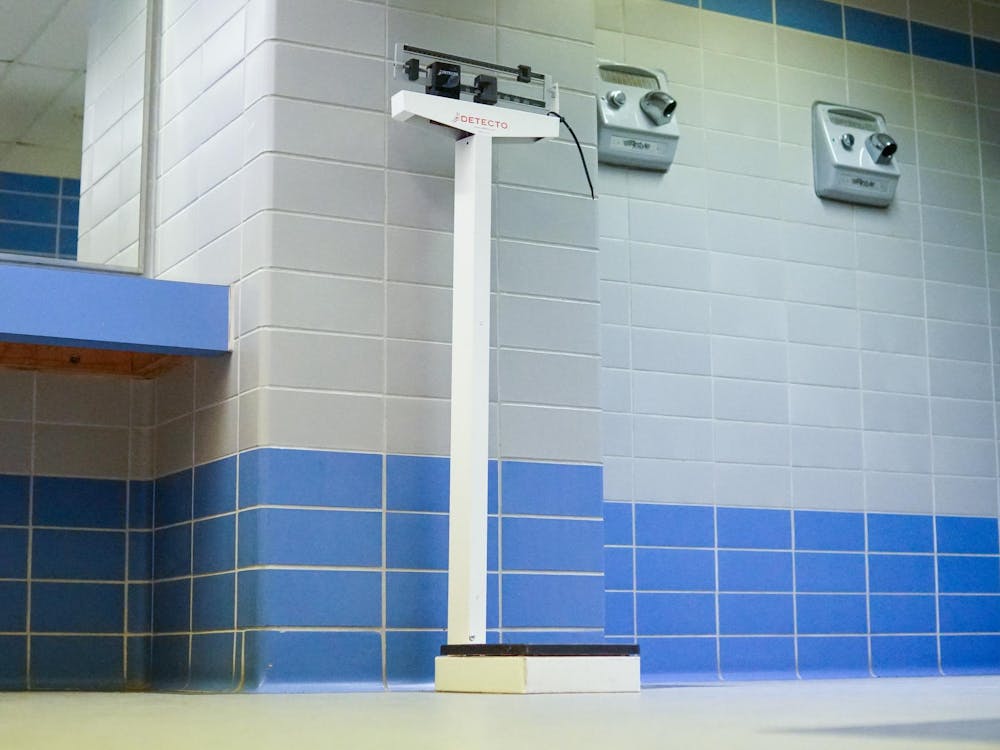Levi Todd is a sophomore English major and writes "Leave it to Levi" for the Daily News. His views do not necessarily agree with those of the newspaper. Write to Levi at lctodd@bsu.edu.
Let’s review some Ball State traditions most students experience before they graduate. Some of my favorites include getting a campus job, going to BioLife to be compensated for your blood plasma because your campus job doesn’t pay well and eventually quitting your campus job because minimum wage isn’t enough for rent, groceries, transportation, student loans, etc.
 |
|---|
You’d think that if Ball State saw these trends, it’d re-evaluate its student employment policies. As a student worker myself, I am incredibly familiar with how many of my coworkers have left in search of better pay. Logic says that if your employees are dropping like flies in search of other jobs, you should compensate them better so business continues as usual.
But here’s the catch — there is an endless supply of students waiting for jobs. There are some students with full schedules who need a job that has to work around their class hours. Some students in the dorms don’t have a car to commute off campus. A campus job may be the only option for some students, and the university knows this. There will always be demand for its jobs. It’s why they only pay minimum wage ($7.25 an hour). The exception? The jobs that are more difficult to fill, like dining, desk night staff and bus drivers (who need extensive training and special licenses). There isn’t an eager student body waiting to fill these positions, and so the university has to lure them in with marginally better pay.
Now, I’m aware of the university’s rationale. Cost of living in Muncie is considerably low. But cost of living doesn’t factor in the cost of attending the university, which makes rent seem like chump change. Attending Ball State costs thousands of dollars each month, depending on your financial aid package. The university can’t tote low cost of living unless it factors in the cost of attending its school as well.
I’ve also heard that campus jobs provide compensation in the sense that they offer job training for students to take to future employers. Then why are students who are given promotions not given pay raises? My student supervisor received a promotion from the position I currently have and is still paid minimum wage, despite his extra responsibilities.
And why are adult non-student workers paid almost double what students make doing the exact same job? Woodworth Dining student workers make $7.65 an hour and get a whopping 40-cent raise every year they work. According to a Ball State salary report by the Indianapolis Star, a food service worker (the exact same title as students have) makes up to $14.26 an hour — plus benefits, which students are denied.
I’ve also heard that Ball State is just following the law — lots of employers pay minimum wage. Then why does Purdue have four levels of pay grades for student workers, each one available for raises? The lowest pay grade does start at $7.25, but even these students have the potential to make up to $11 an hour. The highest pay grade (students who take on large, unsupervised responsibility) can make up to $45 an hour. Indiana University starts dining workers at $9 an hour, plus annual raises and free meals.
The information I’ve provided proves that the university has the capacity to pay a fair wage, and it’s not a radical notion for it to do so. The fact of the matter is that student workers are viewed as an endless supply of commodities. Can you imagine what would happen if student workers went on strike? There is not a single building on this campus that doesn’t utilize student workers — the university would shut down without them.
So here’s what you can do: the My Voice survey has compiled a list of campus issues students can vote for, and raising the student wage is one of them. I encourage you to vote for this important issue in support of your fellow student workers who are all desperately trying to pay for basic living expenses, on top of the massive debt the university has placed on them.





